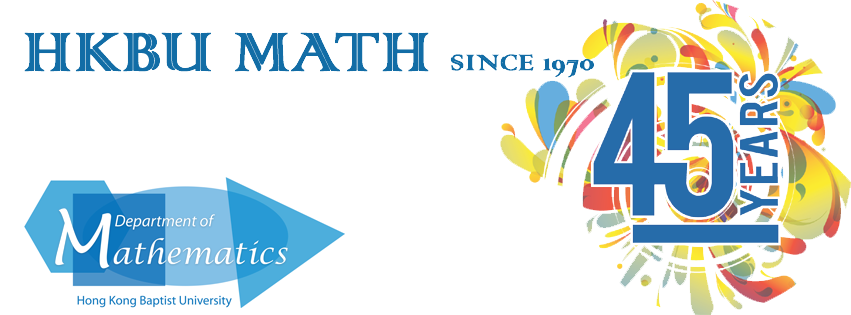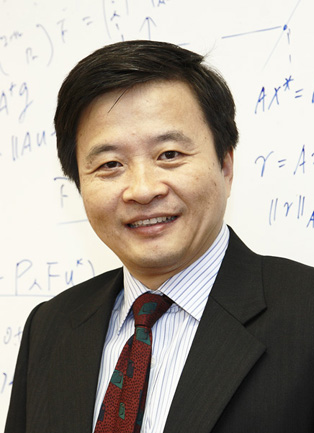Abstract
We are living in the era of big data. The discovery, interpretation and usage of the information, knowledge and
resources hidden in all sorts of data to benefit human beings and to improve everyone's day to day life is a
challenge to all of us. The huge amount of data we collect nowadays is so complicated, and yet what we
expect from it is so much. It is hard to imagine that one can characterize these complicated data sets and
solve real life problems by solving merely a few mathematical equations. However, generic mathematical
models can be used to obtain a coarse level approximation (or low accuracy solution) to the answers we are
seeking. The first question is how to use generic prior knowledge of the underlying solutions of the problem in
hand and to set up a proper model for a good low level approximation? The second question is whether we
are able to use the knowledge and information from the approximate solution derived from the given data to
further improve the model itself so that more accurate solutions can be obtained? That is: how to engage an
interactive data-driven approach to solve complex problems?
As images are one of the most useful and commonly used types of data, in this talk, we review the development
of the wavelet frame (or more general redundant system) based approach for image restoration from a
data-driven perspective. We will observe that a good system for approximating any function, including images,
should be capable of effectively capturing both global patterns and local features of the function. A wavelet
frame is one of the examples of such a system. We will show how algorithms of the wavelet frame based
image restoration are developed via the generic knowledge of images. Then, we will show how specific information
of a given image can be used to further improve the models and algorithms. Through this process, we
shall reveal some insights and understandings of the wavelet frame based approach for image restoration.
We hope that this also leads to new ideas on how to analyse more complex data sets generated from other
real life problems.


